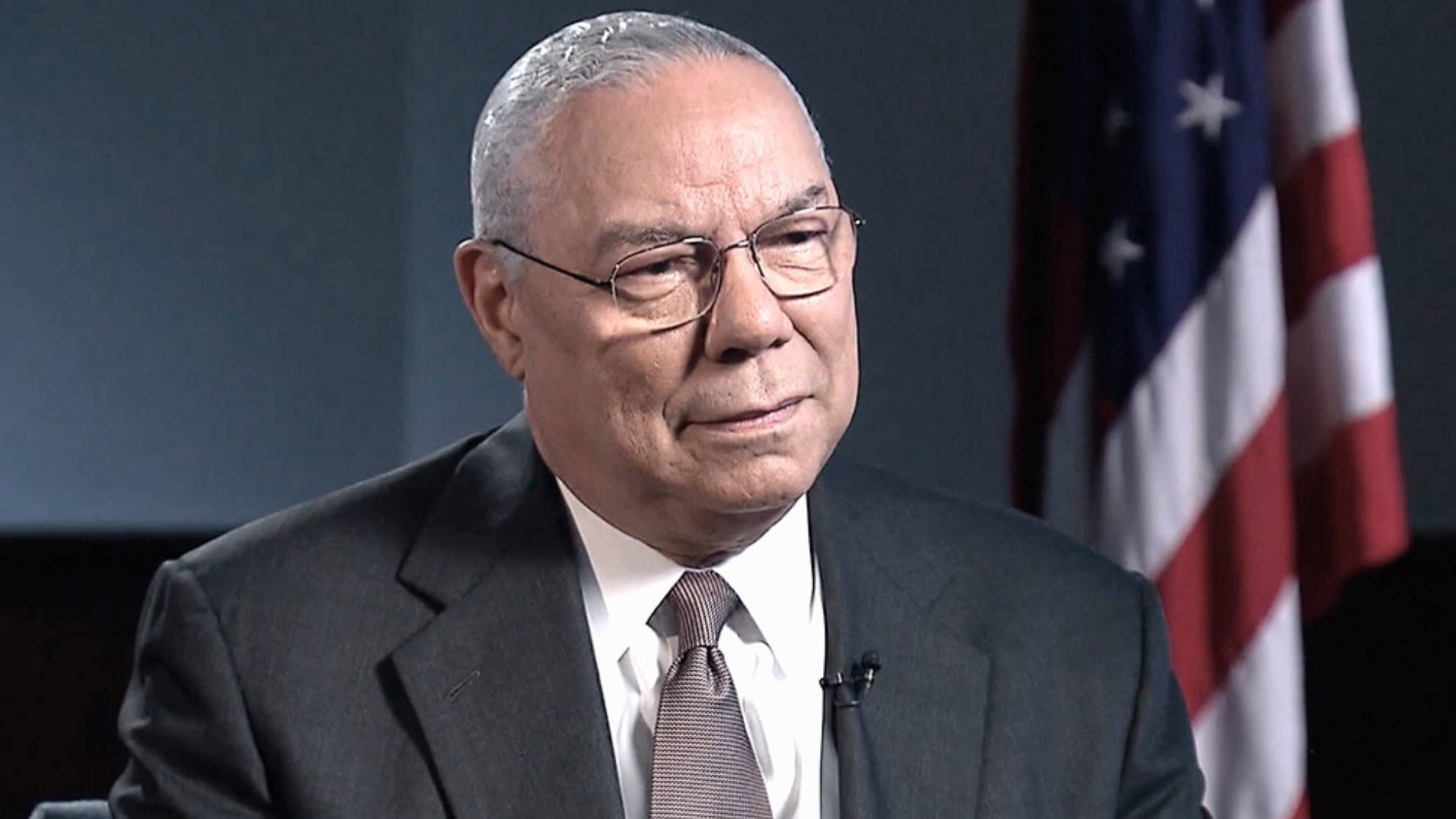Colin Luther Powell 1937-2021
The world woke penultimate Monday with news of the death of former United States (US) Secretary of State, General Colin Luther Powell, aged 84. Powell died due to complications from COVID-19 as his immune system was compromised by multiple myeloma, a blood cancer for which he had been undergoing treatment. In announcing the death, the […]

The world woke penultimate Monday with news of the death of former United States (US) Secretary of State, General Colin Luther Powell, aged 84. Powell died due to complications from COVID-19 as his immune system was compromised by multiple myeloma, a blood cancer for which he had been undergoing treatment.
In announcing the death, the family said: “We have lost a remarkable and loving husband, father, grandfather and a great American.”
- NIGERIA DAILY: All you need to know about the eNaira.
- Anambra election: Police mobilise heavily to crush IPOB’s threat
Powell was widely acknowledged as a path breaker, spending 35 years in the military with his rise to prominence as a soldier and a diplomat, a historic example to African-Americans, having been the first Black person to serve as U.S. Secretary of State and as chairman, Joint Chiefs of Staff.
Powell joined the U.S. Army in 1962 and was part of the over 16,000 Military Advisers sent to South Vietnam by President John F. Kennedy. A series of promotions led him to the Pentagon and assignment as a Military Assistant to President Ronald Reagan’s Secretary of Defence, Caspar Weinberger. He later became Commander of the Army’s 5th Corps in Germany and was National Security Assistant to President Ronald Reagan. During the Reagan era, he led the troops to execute the U.S. invasion of Panama to remove its leader, General Manuel Noriega.
During his term as Joint Chiefs chairman, which started in 1989, his approach to war became known as the Powell Doctrine, which held that the United States should only commit forces in a conflict if it has clear and achievable objectives with public support, sufficient firepower and a strategy for ending the war. And on February 28, 1991, Powell chillingly popularised the military strategy used in destroying the Iraq Army, saying: “We’re going to cut it off. And then we’re going to kill it.” It worked.
Under his leadership, the first Persian Gulf War took only 42 days with the ground war component lasting only four days before President George H.W. Bush declared a cease-fire.
Powell’s role in the 2003 U.S invasion of Iraq was a major stain in an otherwise remarkable career. In February that year, Powell, then Secretary of State under President George W. Bush, addressed the United Nations, citing intelligence credited to the US. intelligence community claimed that Iraq’s Saddam Hussein secretly stashed weapons of mass destruction. This provided the basis of the US invasion of Iraq and the eventual removal and killing of Saddam the following month.
But the intelligence was false. Saddam had no secret weapons of mass destruction, and none was found at any time since the invasion to date. While Powell openly admitted that he regretted the error. It must be noted that it was no ordinary error. The Iraqi Body Count project estimated that between 185,000 and 208,000 civilians have died violently from the invasion, insurgency, and civil war since then, while a 2006 study in the Lancet, one of the oldest scientific medical journals, estimated over 655,000 total deaths since the invasion, 90% of them in violent circumstances.
Yet, this “Black kid of no early promise from a Jamaican immigrant family of limited means who was raised in the South Bronx” served two decorated tours in Vietnam, guided U.S. strategy in the Gulf War, served as National Security Advisor, Chairman of the Joint Chiefs of Staff and Secretary of State. He offered counsel to four presidents and helped shape American foreign policy for decades.
He described himself “First and foremost a problem-solver.” But he was much more than that. As former President Barrack Obama said in his eulogy, he was known for “His clarity of thought, insistence on seeing all sides, and ability to execute. And although he’d be the first to acknowledge that he didn’t get every call right, his actions reflected what he believed was best for America and the people he served.”
His most important role was helping young people, especially Black Americans to set their sights higher. He transcended the limitations of his Black race by refusing to accept its limitations on his dreams. With this and his steady and principled leadership, he “paved the way for so many who would follow.”
Powell framed his life in his 1995 autobiography, “My American Journey,” as an American success story who faithfully followed his convictions and what was best for his country. He brought his life, career and all his public interventions to these convictions. This is his legacy.
The world mourns General Colin Luther Powell. May his soul rest in perfect peace.
